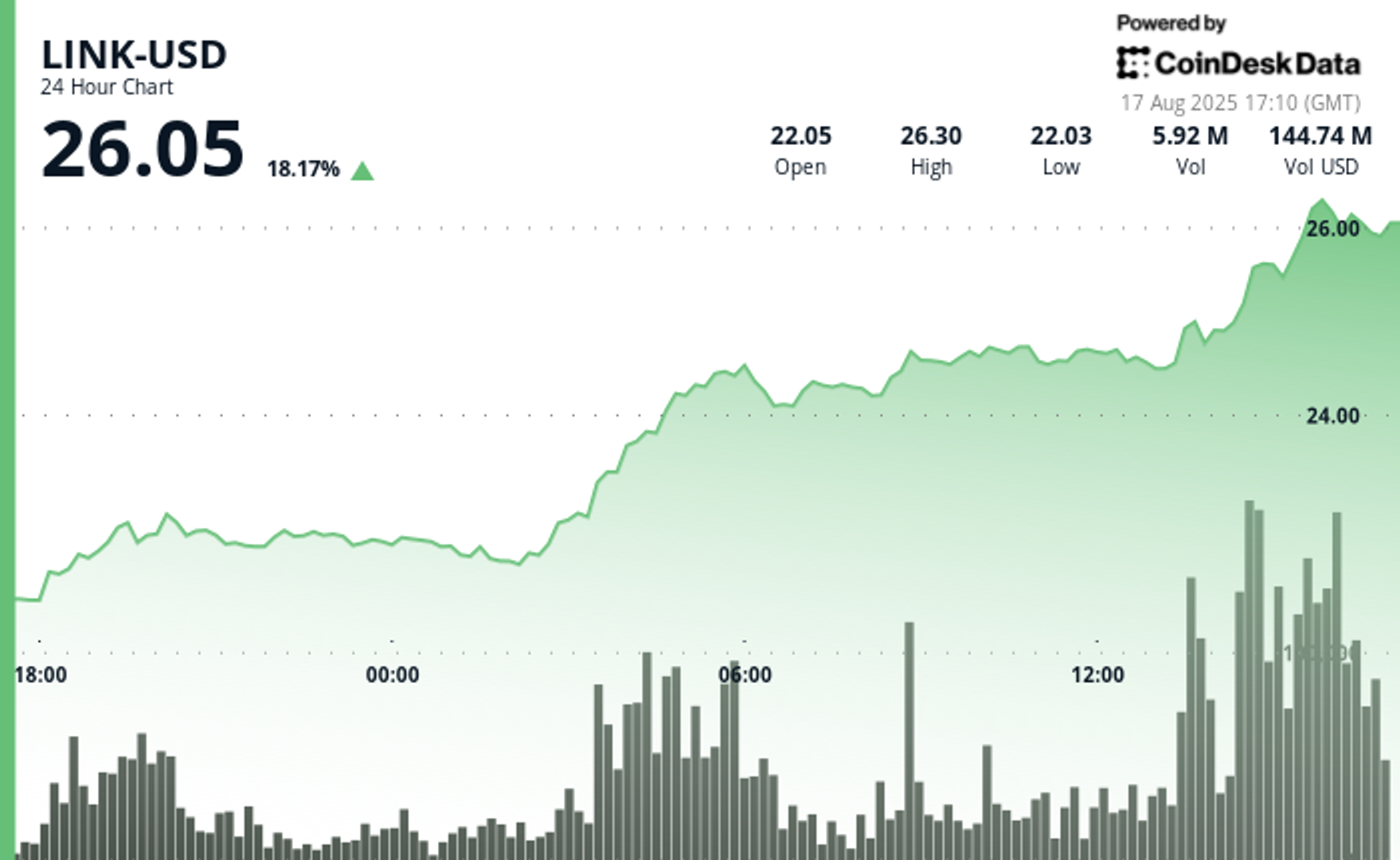U.S. Senator Cynthia Lummis is seeking to slip a significant crypto tax measure into the massive budget bill that backs much of President Donald Trump's agenda, trying to reduce tax consequences stemming from fundamental cryptocurrency activities.
Lummis sought on Monday to insert language into Congress' "Big Beautiful Bill" that would, among other things, waive taxes on small crypto transactions below $300 and would — in the industry's view — rationalize a tax approach that currently has people hit for taxes on both the front end and back end of activity at the heart of the sector's inner workings: staking and digital assets mining.
The idea of making small transactions tax-free (capped at $5,000 in overall transactions each year) would eliminate much of the burden of working out capital gains for people who only engage in a small amount of digital assets activity. That could clear a lot of headaches for those who've been hesitant to try crypto, the industry contends.
The amendment pushed by Lummis, which hasn't yet come up for a vote, also addresses tax issues with crypto lending, wash sales and charitable contributions.
As the Digital Chamber put it on Monday, the move on mining, staking and other ways of gaining crypto assets would repair "a long overdue mistake on how these rewards are treated for tax purposes.""Today, staking and block rewards are taxed upon both acquisition and point of sale," the U.S. crypto lobbying group argued, pushing its constituents to petition Congress for support. "Senator Lummis’ provision solves this by taxing rewards only when sold, aligning policy with actual income."
So-called validators in a blockchain are given rewards for staking their assets, providing them a return for otherwise locking up their cryptocurrency. It's taxed when they receive the rewards and on the gains when they sell those assets. Industry critics of this approach are pushing for the change to a system that would instead tax the assets only upon their eventual sale.
Crypto mining works in much the same way, with assets created in the digital mining process and then later sold. Assets gained from aidrops and forks would also get the same treatment under Lummis' amendment, getting taxed only when they're ultimately sold.
The amendment might also address the wash-trading loophole lawmakers have sought for years to close. Under current rules, crypto investors can conduct a "tax-loss harvesting" strategy through strategically selling investments at a loss and immediately re-purchasing them.
The hard-fought Senate process has been going through an unlimited amendment process known as a "vote-a-rama" which began Monday morning, and Lummis sought to toss this amendment into the mix. The stakes are high for congressional Republicans on the wide-reaching bill, but party leaders have struggled to keep all of their members in the yes column as Democrats unite against it, taking issue with potential cuts to Medicaid, green energy initiatives and other aspects of the nearly 1,000-page legislation.
The U.S. House of Representatives barely passed its own version of the spending bill last month, and it would have to do so again if the Senate approves it with changes. Analysis of the measure concluded its provisions could add more than $3 trillion to the U.S. budget deficit.

 1 month ago
64
1 month ago
64








 English (US) ·
English (US) ·